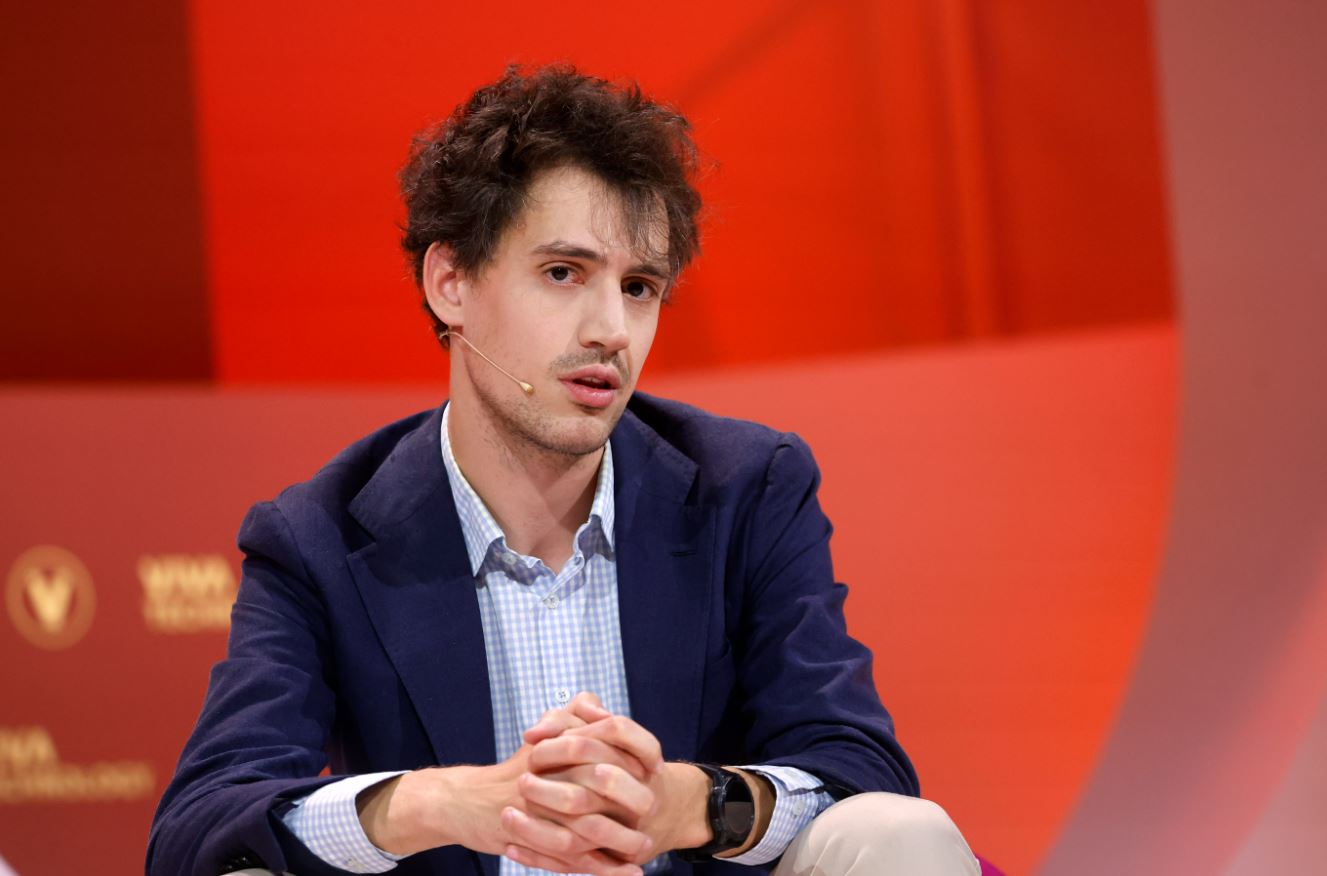 Arthur Mensch, the CEO of Mistral, a French AI startup, is drawing some fascinating parallels between AI and electricity. Just like electricity revolutionized economies, Arthur believes AI is on the brink of doing the same on a global scale. He recently shared on the A16z podcast that AI could boost every country’s GDP by double digits in the near future. That’s a pretty bold prediction, but it makes you think about the potential impact AI could have.
Arthur Mensch, the CEO of Mistral, a French AI startup, is drawing some fascinating parallels between AI and electricity. Just like electricity revolutionized economies, Arthur believes AI is on the brink of doing the same on a global scale. He recently shared on the A16z podcast that AI could boost every country’s GDP by double digits in the near future. That’s a pretty bold prediction, but it makes you think about the potential impact AI could have.
Arthur also raises a critical point: if countries don’t develop their own AI systems, they might end up relying on foreign technologies. It’s a bit like how countries used to depend on their neighbors for electricity. But here’s where AI differs—it can carry and promote the unique values and culture of a nation. This makes it even more crucial for countries to dive deep and engage with AI.
In a conversation with Nvidia’s CEO, Jensen Huang, Arthur emphasized the importance of having a comprehensive AI strategy. AI isn’t just for tech companies; its applications are broad, touching areas like public services, agriculture, and even defense. Both leaders advocate for a custom approach to developing national AI capabilities to truly tap into its potential.
Mistral, co-founded by experts from DeepMind and Meta, is making strides in the AI field. They’re working on large language models, with their generative AI chatbot, “Le Chat,” as an example. They’re competing with big names like OpenAI and Anthropic, but Mistral claims their models perform better. With a valuation of $6.2 billion as of June, Mistral is leading the way in European AI innovation, backed by investors like General Capital and Andreessen Horowitz.
Arthur is a big fan of the open-source model for AI development. He believes it encourages rapid and democratic progress. He contrasts this with closed-source models, which focus on keeping the code private for security reasons. Reflecting on AI’s past, Arthur notes that between 2010 and 2020, progress was fast because labs built on each other’s work. But this collaborative spirit faded with the first large language models, especially from OpenAI. Mistral’s mission is to reignite that spirit of collaboration.








